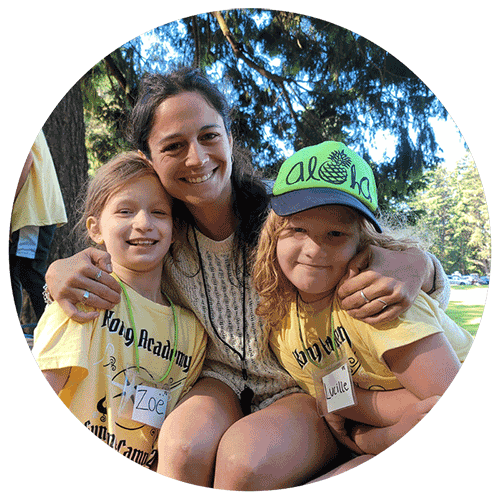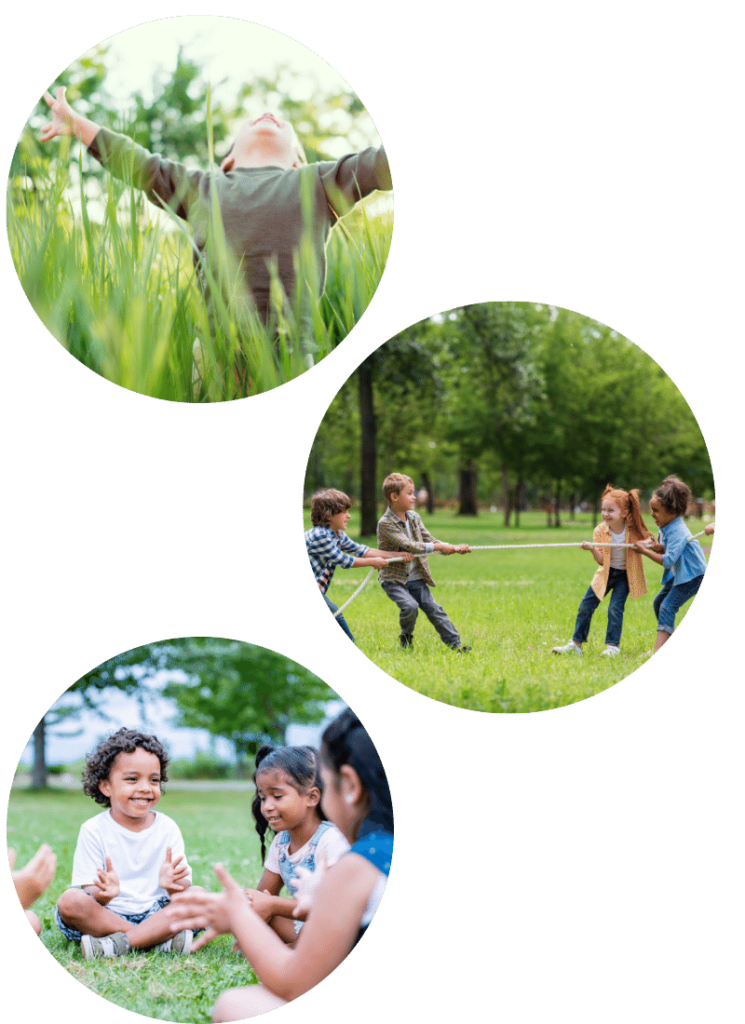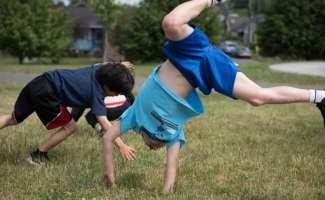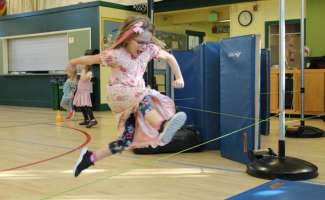Helping Kids Develop A Growth Mindset Around Self-Awareness & Self-Control
As a parent, you strive to provide the best for your child. You nurture their dreams, support their journeys, and celebrate their unique qualities. At Kong Academy, we share your vision. That’s why our after school and summer camp programs include a dedicated focus on helping kids develop a growth mindset. What we, and other educators, researchers and professionals have seen is that when kids learn a growth mindset from an early age, life is easier.


Does that mean things are perfect, no. But a growth mindset fosters the important life skills of practice, repetition and resilience. This attitude allows kids to be kids and to grow at a pace that both challenges them to “be all they can be” while also respecting where their brain, body and emotions are as children.
And all of that means we teach these “important” skills through play so kids are more likely to learn without the pressure of “learning.”
The Power of a Growth Mindset
The concept of “growth mindset” was developed by psychologist Carol Dweck, and it emphasizes the belief that intelligence and abilities can be developed through dedication, hard work, and persistence. This mindset contrasts with a fixed mindset, where individuals believe their talents and abilities are fixed, out of their control and unchangeable.
A Growth Mindset Includes :
-
Embracing challenges
With a growth mindset kids are more likely to embrace challenges, seeing them as opportunities to learn and grow rather than as insurmountable obstacles.
-
Persistence in the face of setbacks
By teaching kids through games and activities like tug-of-war or the “Floor is Lava”, kids naturally experience winning and losing without it being a character flaw or personal judgment. This “try again” attitude fosters resilience and persistence, both of which are characteristics of a growth mindset.
-
Effort as the path to mastery
As kids play and their skills build, they start to learn the crucial ingredient to mastering anything in life: practice, effort and persistence… all of which lead to a deeper understanding that nothing happens without hard work and effort.
-
Learning from feedback:
At the Kong Academy, we offer feedback when kids need more instructions to improve their results or skills, or when there is conflict that needs resolving. A growth mindset encourages kids to listen and learn from their actions so they grow in the future.
-
Inspired by the success of others:
Instead of feeling threatened by others' success, those with a growth mindset find inspiration and lessons in the achievements of others. This outlook fosters a collaborative and supportive environment.

When kids learn to have a growth mindset early on, it opens many doors to them in the future. And best of all, we teach all of this through play, practice and repetition. In many cases kids learn these valuable skills without ever talking about them aloud.

The Importance of Self-Awareness
Hand and glove with growth mindset is self-awareness, which is the ability to recognize and understand one’s own emotions, thoughts, and behaviors. This is the skill parents want their kids to have when they are in the middle of a melt down, feeling frustrated with their siblings, experiencing a loss of some kind (sports game, not being picked for an activity etc) or some other “negative” emotion that children need to understand so they learn why their feelings are causing them such distress. And, why they are having the emotional reaction everyone is seeing.
When someone develops the ability to be in tune with their inner self, emotional awareness follows closely behind. And both self awareness and emotional awareness are the precursors to improved self-control and emotional regulation. Which are the skills teachers and parents both want for their kids.

How Our Programs Help Kids Develop Better Self-Control and Personal Agency
Our after school and summer camp programs focus on activities that include creative problem-solving, working in a team, and reaching goals. It’s through activities like this that your child learns to experience and explore their inner selves and the emotions that rise up when they are challenged.
As their feelings come up, kids have to face the emotion they’re feeling, often right in the moment and in front of their peers and people they care about. By normalizing the experience kids have of learning the skills of emotional awareness and emotional regulation, kids are safe to share their experience with others and work through the challenge in a less threatening way.
That’s why games and play are so important to a kid’s learning and development. When kids are invested in “winning the game” they have a reason to listen, settle down, pay attention, and try again. All of these are the underbelly of bigger skills around communication, respecting others and resiliency.
